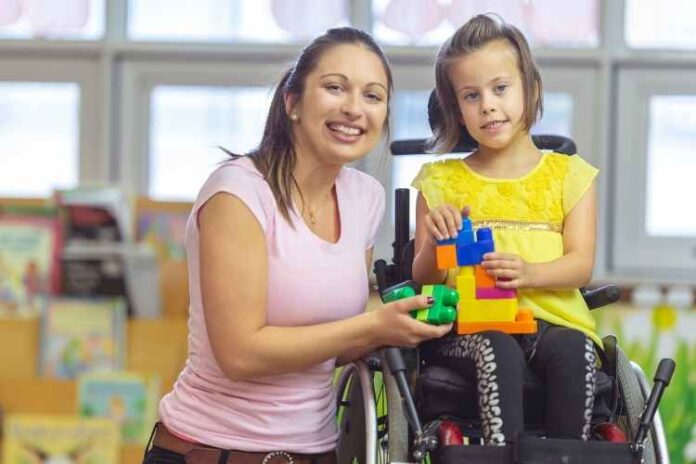61 million American adults have some kind of disability. Disabilities aren’t uncommon, and it’s likely that you have several disabled people in your own family or friend group.
You may have heard the phrase “special needs” floating around, and you’re wondering if you should be using that instead of “disabilities” or “disabled.” What’s the difference between special needs vs disability anyway?
Let’s talk about it. Read on to learn more.
What Is a Disability?
In the simplest terms, a disability is any condition (usually permanent, but not always) that makes it difficult for someone to interact with and participate in the world around them.
Disabilities can be physical or mental. They range wildly in “severity” and not everyone is even aware that they have a disability. They may think that the impairment they experience is normal.
Disabilities can impact someone’s movement, vision, hearing, emotions, learning ability, communication ability, and more.
People with disabilities are entitled to certain accommodations and may have access to certain programs that can help them. They can request accommodations at work or school, apply for disability benefits, and more.
Unfortunately, there’s not yet adequate support for disabled people, so these resources aren’t al
What Is “Special Needs?”
“Special needs” has several different meanings.
Many people use “special needs” as a descriptive term to replace the word “disabilities,” but this isn’t appropriate. Instead, special needs refer to specific needs that someone has as a result of their disability.
For example, if a child has a learning disability, the disability itself isn’t a special need. Their special needs may relate to extra accommodations at school or extra learning support.
Most of the time, the phrase “special needs” only relates to people who are managing learning disabilities.
Unfortunately, because so many people want to use “special needs” as a replacement for disabilities, the phrase is growing less popular amongst people with disabilities.
Why Are These Terms Controversial?
We should always strive to make our language more inclusive. In theory, that’s what people were trying to do when they introduced “special needs.” It seems less “harsh” than “disabilities.”
“Disabled” and “disabilities” are not dirty words. By calling them “special needs” instead, you’re not helping the person with the disability. Many people with disabilities reject “special needs” and choose to instead reclaim “disabled” as a self-defining term.
If you’re not sure what word to use, it’s best to ask the person you’re referring to (or their advocate if they’re unable to communicate on their own). Use the words that disabled people want you to use, even if they make you feel less comfortable.
Special Needs vs Disability: They’re Not The Same
When it comes to the difference between special needs vs disability, the answer isn’t always clear.
If you’re referring to someone as a “special needs” person, you’re not using proper language. If you’re referring to the specific needs that they have, you are using the phrase appropriately (but some people still don’t like it).
It’s important to stay up-to-date on what is and is not appropriate language. When in doubt, ask. Things are always changing.
For more helpful articles about the top trending topics, visit the rest of the site.


